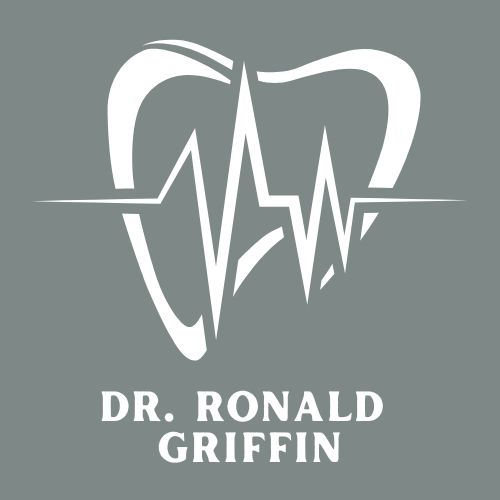Baby bottle tooth decay, also known as early childhood caries or nursing bottle caries, is a common dental condition that affects infants and young children. This dental problem occurs when a child’s teeth are exposed to sugary liquids, such as milk, formula, fruit juice, or sweetened drinks, for prolonged periods. Baby teeth are essential for a child’s overall development, and their health plays a crucial role in ensuring proper speech development and the alignment of permanent teeth. It is important to understand the causes, prevention, and treatment of baby bottle tooth decay.
Causes of Baby Bottle Tooth Decay
Baby bottle tooth decay primarily occurs when sugars from liquids are allowed to linger in a child’s mouth for an extended period. The key factors that contribute to this condition include:
- Prolonged Bottle Use: Allowing a child to fall asleep with a bottle in their mouth or continuously sipping from a bottle can lead to the constant exposure of teeth to sugars.
- Sugary Liquids: Sugary beverages like fruit juices, soda, and even some baby formulas can increase the risk of tooth decay.
- Poor Oral Hygiene: Infants and toddlers lack the motor skills needed for proper dental care, and when caregivers neglect cleaning their teeth, it exacerbates the problem.
- Bacteria Transfer: Bacteria responsible for tooth decay can be transferred from caregivers to the child through shared spoons or utensils, increasing the likelihood of developing tooth decay.
Prevention of Baby Bottle Tooth Decay
Preventing baby bottle tooth decay is essential for your child’s oral health. Here are some steps you can take to reduce the risk:
- Limit Sugary Liquids: Avoid giving your child sugary drinks and instead encourage water or milk (preferably breast milk) to quench their thirst.
- Sippy Cups: Transition your child from a bottle to a sippy cup around their first birthday. This helps in reducing the prolonged exposure to sugary liquids.
- Oral Hygiene: Even before the first tooth erupts, gently wipe your baby’s gums with a clean, damp cloth. Once teeth appear, use a soft-bristle toothbrush designed for infants and toddler toothpaste (non-fluoridated for very young children).
- Regular Dental Check-ups: Schedule your child’s first dental appointment around their first birthday. Regular check-ups will help in detecting any dental issues early.
- Avoid Sharing Utensils: Refrain from sharing utensils with your child to minimize the transfer of bacteria that can lead to tooth decay.
Treatment of Baby Bottle Tooth Decay
If your child is already experiencing baby bottle tooth decay, early intervention is essential. Treatment options may include:
- Fluoride Application: Your dentist may apply fluoride varnish to strengthen the remaining teeth and prevent further decay.
- Tooth Fillings: In more severe cases, your dentist may need to place tooth-colored fillings to repair the damaged teeth.
- Extraction: In extreme cases where the decay is extensive and poses a significant risk, extraction of the affected teeth may be necessary.
- Behavior Modification: Your dentist can also provide guidance on changing feeding habits and oral care practices to prevent further decay.
Baby bottle tooth decay is a preventable dental condition that can have lasting consequences if left untreated. By following good oral hygiene practices, limiting sugary liquid exposure, and seeking early dental care, you can help ensure your child’s healthy smile and overall well-being. Remember that baby teeth are important not only for chewing and speaking but also for the health and alignment of permanent teeth that will follow. Start your child on a path to good dental health from the very beginning.

